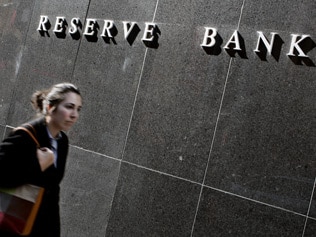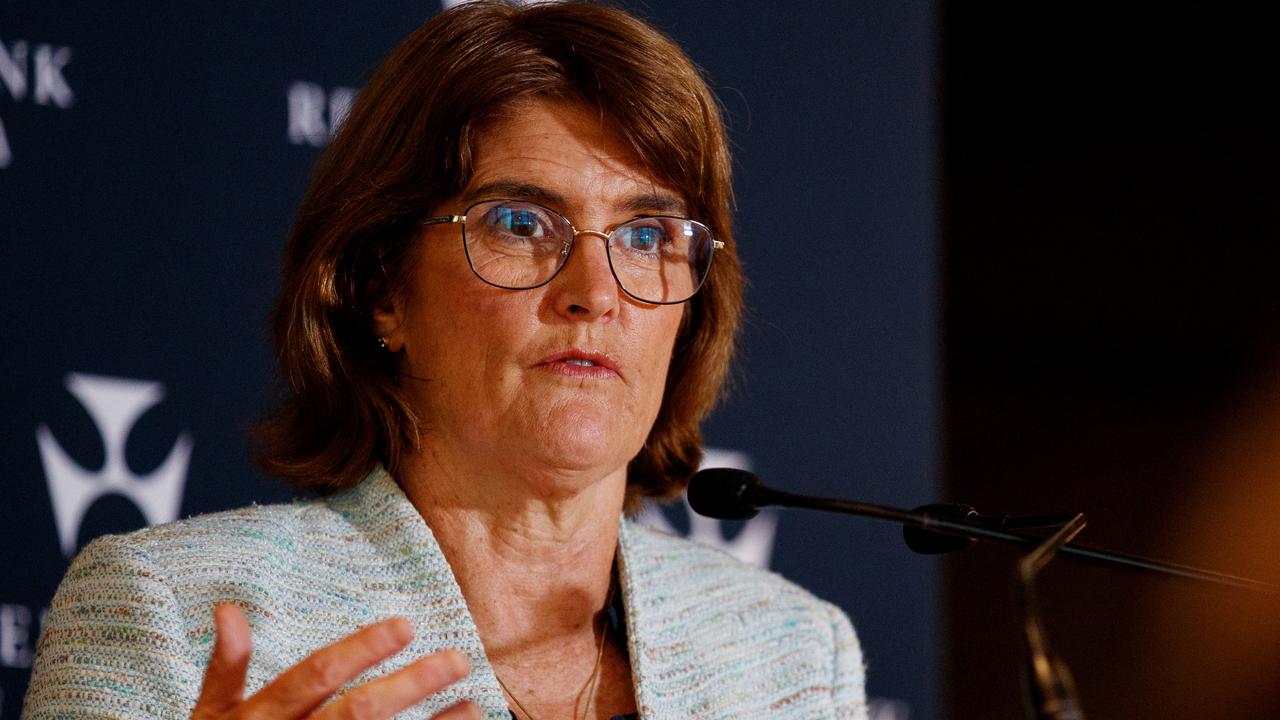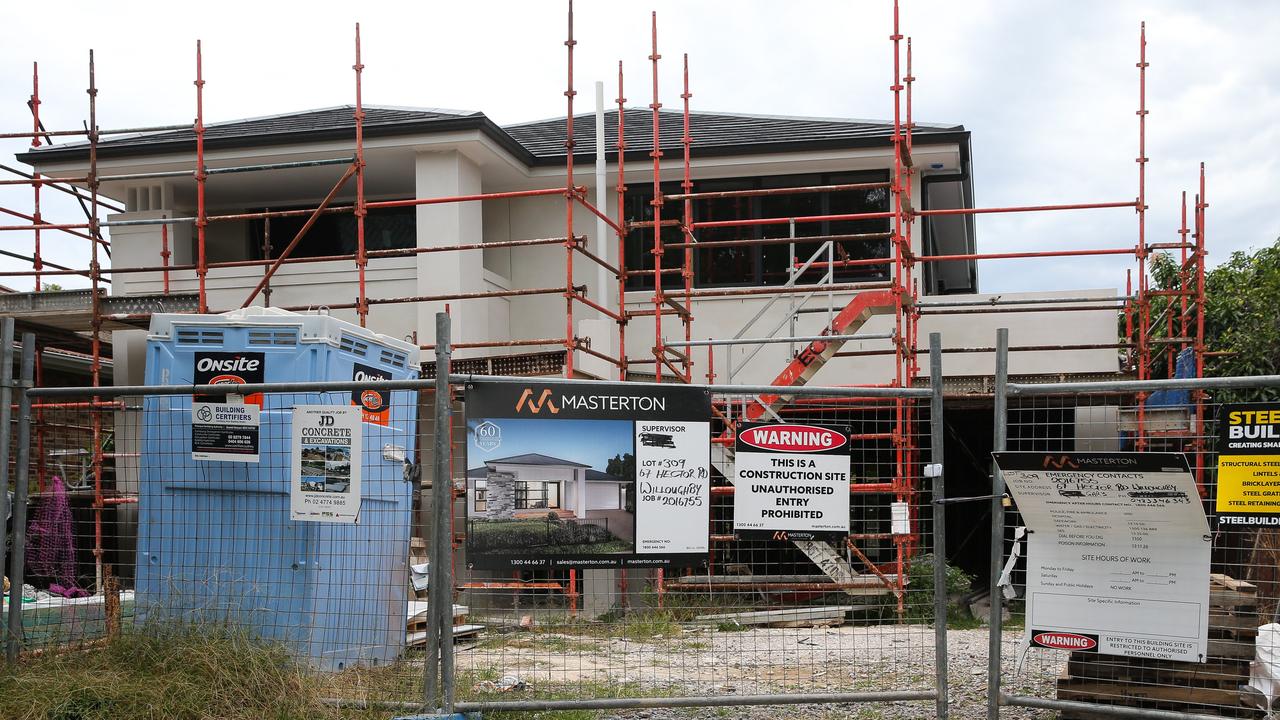Financial relief in sight as rates likely to hold
THE first decision on official interest rates since Julia Gillard became PM will be taken tomorrow.

THE first decision on official interest rates since Julia Gillard became Prime Minister will be taken by the Reserve Bank board tomorrow, amid signs the pace of economic growth is quickening.
But pundits generally believe the new Labor leader will likely not need to worry about a rise this month, and may even be spared any increases before a Federal election, if it is held next month.
At the last election in 2007, voters punished then-Liberal leader John Howard when the RBA jacked up rates just 20 days before polling day.
While the Federal Government has soothed big miners with a dilution of the resources super profits tax, paving the way for greater certainty for businesses, speculation abroad at the weekend began to mount that a double-dip recession could not be ruled out for some economies.
Weak US employment numbers and financial market turmoil in Europe, meant the RBA might feel justified in leaving rates on hold at 4.5 per cent for now, after taking into account potential flow-on effects from the external factors.
The US economy shed 125,000 jobs in June, slightly more than expected, but the unemployment rate fell to 9.5 per cent from 9.7 per cent as many gave up looking for work.
Adding to the bearish mood, Morgan Stanley strategist Gerard Minack yesterday warned of the potential for a slide back into recession for some economies in the second half of next year.
"I'm still a big picture bear. I don't think we are out of the woods by any stretch," he said on ABC television.
"I'm starting to think, however, there may be a tradeable rally in the second half of the year before the first half of next year markets justifiably start to worry about a recession in the second half of 2011. Then we make new lows and it's really game on as people start to worry about a quite severe recession."
While the RBA could remain on the sidelines as it assesses European sovereign debt woes, back in Australia it is also conscious of the higher headline inflation in the March quarter.
If as some economists believe, price pressures are firming, then a high second-quarter inflation reading would be disturbing to the RBA, Westpac economists said.
However, the likelihood of an improving employment rate could put pressure on interest rates soon after the poll.
Economists are expecting Australia's jobless rate for last month to remain at 5.2 per cent, but they also estimate Thursday's Bureau of Statistics employment figures will show more than 15,000 new jobs have been created since May.
Any unexpected growth spurt would cause the RBA to worry about the inflationary effects of a fast-paced economy.
But online job ads data released yesterday showed the number of advertised vacancies was flat in June, indicating employers could be reluctant to hire.
Advantage Resourcing said bosses could be concerned about the impact on workplace rules after the election.
The Advantage Job Index rose by 0.14 per cent in June, compared to a 5.47 per cent lift in May.
"Most of 2010 has seen good growth month-on-month, so this flat line suggests employers are still cautious as speculation of an early election gathers momentum," Advantage Resourcing director of global market intelligence Robert Olivier said.
"Even though the resources super profits tax (RPST) debacle has been resolved, employers will now be keeping an anxious eye on a looming Federal election.
And given the current workplace policies of both the major political parties, there's no doubt employers will continue to adopt a wait and see approach."
In his regular Sunday economic note, Treasurer Wayne Swan acknowledged "not every single company will be happy with the new resource tax reforms''.
"Obviously not all of them will embrace the idea of paying a higher return to the Australian people, but it's a good, sensible outcome in the national economic interest,'' Mr Swan said.
In a round up of economists' views on the tax change, Westpac chief economist Bill Evans said: "The new tax was likely to encourage more rapid growth in business investment than under the RSPT and probably more than under the current arrangements''.
TD Securities senior strategist Annette Beacher believes the profits-based resource tax made sound economic sense and ANZ chief economist Warren Hogan said:
"The proposal (if passed by Parliament) is positive for Australia's medium-term growth prospects by reducing uncertainty for the mining industry and shoring up its investment pipeline."



